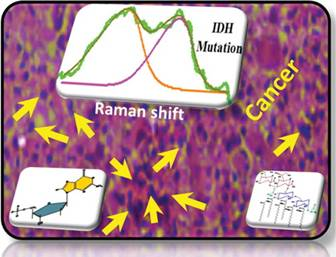New Delhi: Indian scientists have found that the cancer-causing virus Epstein-Barr Virus (EBV) affects the glial cells or the non-neural cells in the central nervous system and alters molecules like phospho-inositols (PIP); a type of lipid, glycerol, and cholesterol, when the virus infects the brain cells.
This could pave the path towards understanding the probable role of the virus in neurodegenerative pathologies, especially given the fact that the virus has been detected in brain tissue of the patients suffering from neurological disorders such as Alzheimer’s, Parkinson and multiple Sclerosis, a statement by the Union government said today.
The EBV can cause cancers like nasopharyngeal carcinoma (a type of head and neck cancer), B-cell (a type of white blood cells) cancer, stomach cancer, Burkett’s lymphoma, Hodgkin’s lymphoma, post-transplant lymphoid disorders, and so on, said the statement issued by the Department of Science and Technology.
More than 95% of the adult population is positive for EBV. However, the infection is mostly asymptomatic, and very little is known about the factors which trigger the development of such disease, it said.
It was the detection of the virus in patients with neurodegenerative diseases that triggered the search for the mechanism of propagation of the virus, the release said.
The study, based on spatial and temporal changes in Raman signal, was helpful in advancing the application of Raman Scattering as a technique for rapid and non-invasive detection of virus infection in clinical settings.
Since all the techniques available for viral load detection in the brain by far include invasive methods, RS (Raman Spectrometer) can be a sigh of relief for patients undergoing brain biopsies for diagnostic purposes, it said.
Furthermore, it can be helpful in determining the stage of infection based on biomolecular markers and thus aid in early diagnosis, the statement said.








